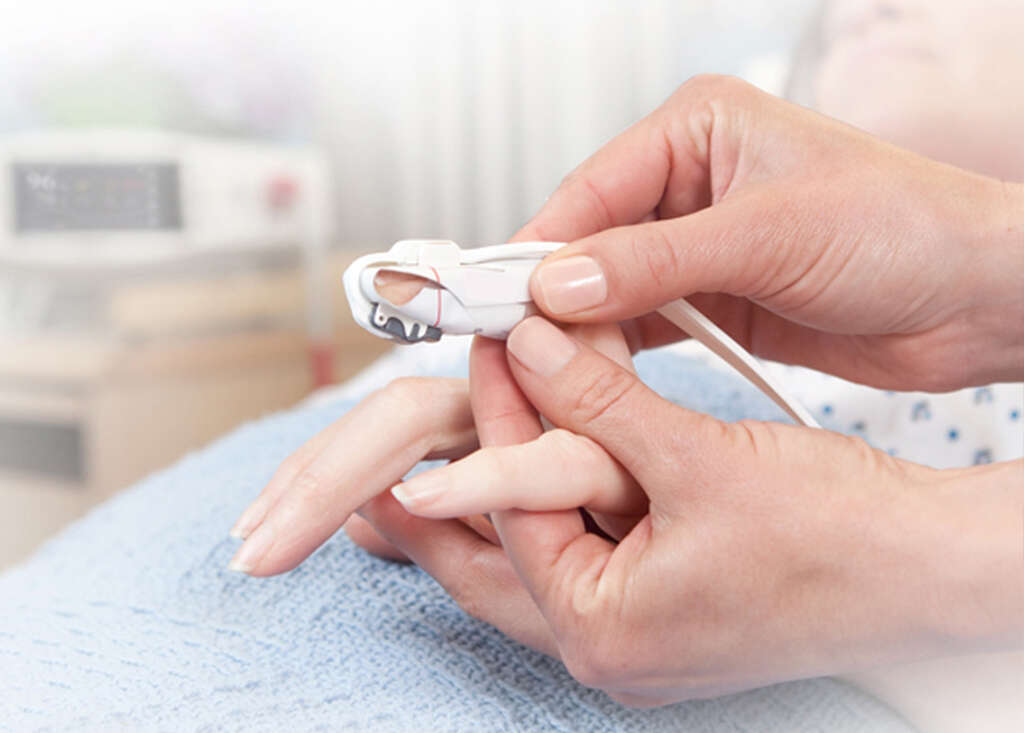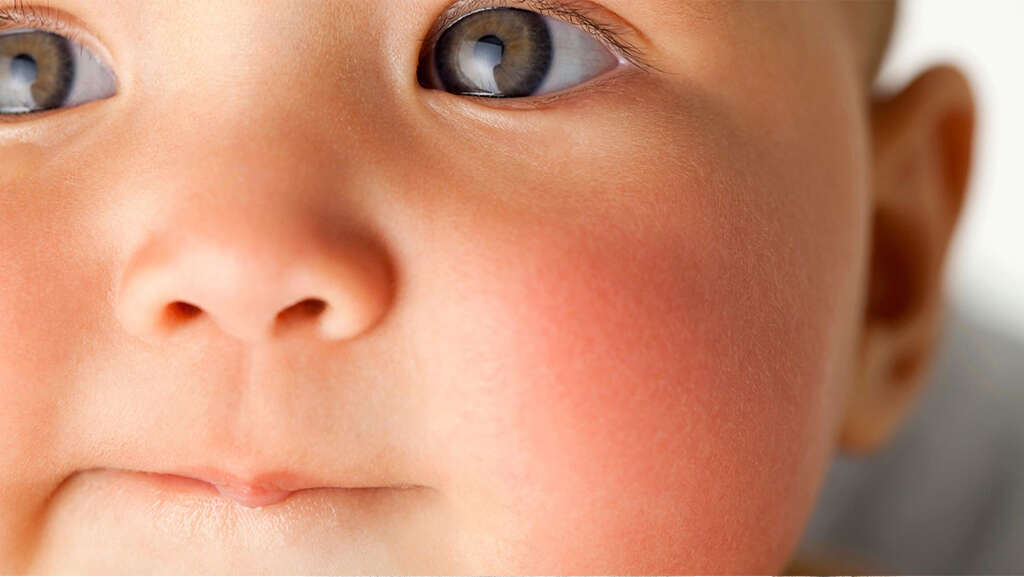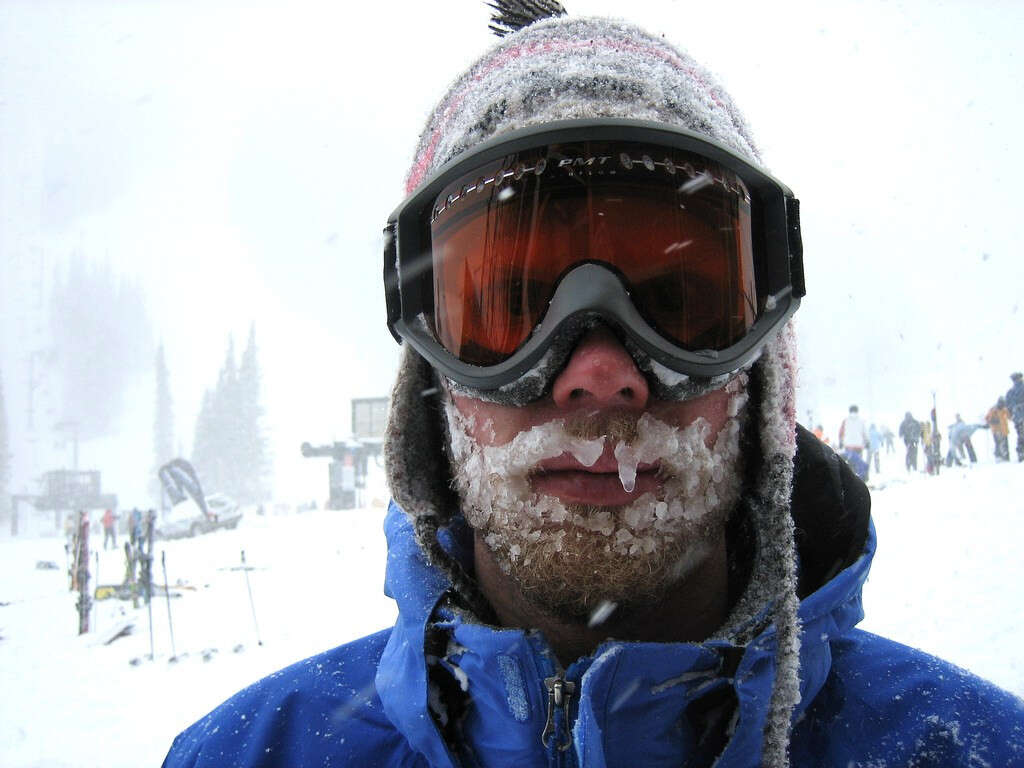10 Symptoms of Hypothermia
As mammals, we are homeothermic. This means that we are able to regulate our own body temperature. We get our heat from the environment around us and from metabolizing our food, while we also have other mechanisms such as shivering that help to keep us warm enough.
However, we are not able to keep ourselves warm in all conditions. If our bodies lose more heat than they generate then our internal body temperature can begin to plummet. This is known as hypothermia and it can be very serious.
The best way to deal with hypothermia is to prevent it from happening in the first place. If you know of vulnerable people during cold weather, helping to keep them warm can literally save their life.
Symptom #1: Shivering
Shivering plays a very useful part in helping to regulate our body temperature. The act of shivering is down to your muscles flexing and relaxing repeatedly and quickly. This causes them to heat up, providing some additional heat to the body. It’s an effective system that is also employed by many other animals.
Shivering is quite common when we are cold and is not usually something to be concerned about. Unfortunately, though, it can also be a sign that somebody has hypothermia. Ironically, it could be an even worse sign when they stop shivering because this can mean the body is no longer trying to raise its body temperature.
Symptom #2: Shallow Breathing
We don’t usually notice that we are breathing, despite it being so essential to our survival. At rest, it is easily managed by the cardiovascular system, meaning we don’t even notice it is happening. If our breathing slows down too much, though, then it is a sign that something is potentially very wrong with us.
One typical symptom of hypothermia is that the patient will begin to breathe very slowly and shallowly. This can mean that the patient is not getting enough oxygen and this can potentially be very serious. If somebody is having difficulty breathing without having been exercising, it should be considered a medical emergency.

Symptom #3: Drowsiness
Our brains require a lot of energy to keep them active. This means a lot of food and oxygen and there is also a lot of heat involved. Our heads actually emit more heat than any other part of the body, mostly because of the intense activity going on in the brain. When we get too cold, though, then our brains can begin to slow down.
As the brain begins to slow down, then we too begin to slow down. We begin to feel drowsy as the brain is not as active as it usually is. Unexplained drowsiness can be caused by a wide range of potentially serious conditions so it should be taken seriously.
Symptom #4: Weak Pulse
A strong pulse is important because it means that sufficient blood is being circulated around the body. This is essential because the blood carries the essential nutrients and oxygen that the body needs. If the heart is not beating as it should be then the flow of these essentials will be decreased.
When a person is suffering from hypothermia, the lack of heat will gradually cause the heart to slow down. The heartbeat can also be weaker than usual, causing less blood to be circulated with each pump. A weak pulse is potentially a very serious condition and should be treated with urgency.

Symptom #5: Confusion
Our brains are quite excellent at helping us to understand the world around us. Our sensory organs feed information to the brain, helping us to understand where we are and what is going on. We take it for granted, but this actually requires a lot of processing power from the brain. If the brain begins to slow down, then it becomes harder for us to understand what is happening.
With a slowing brain, people with hypothermia are likely to get easily confused. They might struggle even with very simple things such as where they are and how they got there. This is a sign that the condition is in an advanced state and that the patient needs urgent help.
Symptom #6: Coordination Loss
Complex movements require an impressive amount of brain power. Even walking requires continuous advanced mathematical computations that even modern computers struggle to achieve. If our brain is to slow down, though, then it will struggle to be able to make these computations.
With a slowing brain caused by hypothermia, the patient can gradually begin to lose their coordination. Walking will become difficult and using their hands can also become incredibly hard for them. This can also limit their ability to get themselves out of their predicament if there is nobody around to help them. Medical help should always be sought if somebody is experiencing such symptoms without a proper explanation.

Symptom #7: Slurred Speech
We tend to take speech for granted, largely because we don’t even have to think about it even when speaking. This means that we tend to overlook just how complex it is and what an impressive feat it is. Being able to speak clearly requires a healthy and active brain, though, so speech will likely become affected if there is something wrong with the brain.
With hypothermia causing the brain to slow down, the patient’s speech will begin to suffer. They will slur their words, almost as if they are drunk, and occasionally mumble incoherently. There are numerous reasons why somebody might suddenly struggle to speak clearly, and emergency medical treatment should be sought if it happens.
Symptom #8: Red Skin in Infants
Hypothermia can affect people of all ages. Indeed, it’s the very young and the very old that are most at risk, although anybody can be affected if they find themselves in the wrong situation. Babies tend to be most at risk, partly because their smaller bodies are less able to withhold heat. They are also not able to help themselves if they are exposed to the cold.
If a baby does have hypothermia then their skin will likely turn red. They will also be cold to the touch. If you do suspect a baby has hypothermia, waste no time in getting them medical assistance.

Symptom #9: Low Energy in Infants
A baby’s early months and years are one of exploration. They have a whole new world to experience and they are usually brimming with energy to help them take in as much as they can. Even those that are not yet able to walk are full of energy and want to get involved in everything that is going on around them.
If they run out of energy, though, then it’s a sign that something might be wrong. Unless it’s bedtime, of course. Low energy in infants can be caused by a range of factors and is something that should warrant seeing a doctor. If it is associated with other symptoms of hypothermia, then it should be treated as an emergency.
Symptom #10: Loss of Consciousness
When people are in the extreme cold and suffering from exposure, they are usually told that they must stay awake. Falling asleep in such circumstances can be deadly, but staying awake can be very difficult. Hypothermia causes the body’s systems to start shutting down, and loss of consciousness may occur.
When somebody falls unconscious due to hypothermia, their breathing and pulse will drop to the point where they are hardly detectable. They may still be alive at this point, but their condition is extremely serious and emergency medical assistance should be found without hesitation. With the right resources and expertise, the patient still has a chance of pulling through even at this stage.











